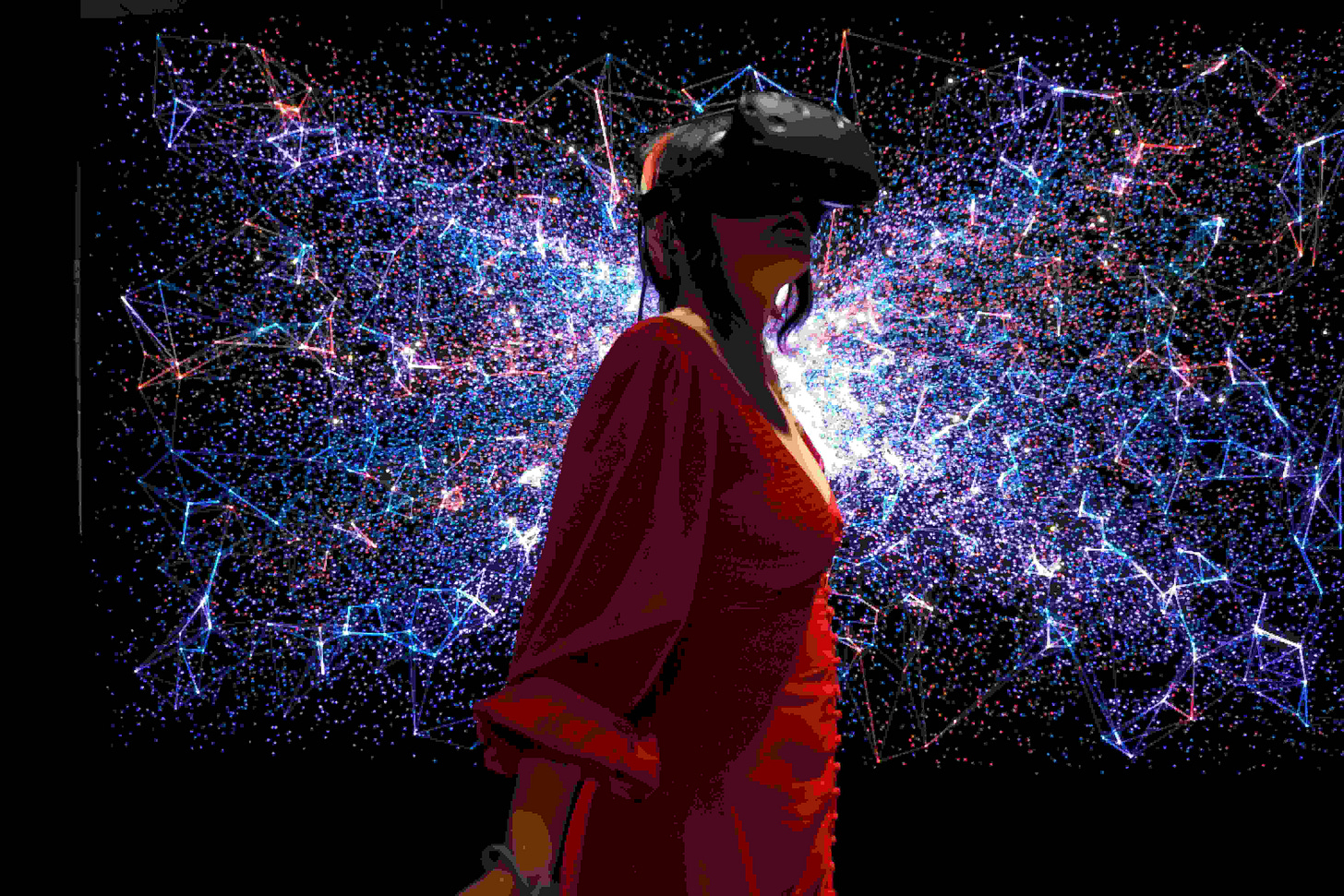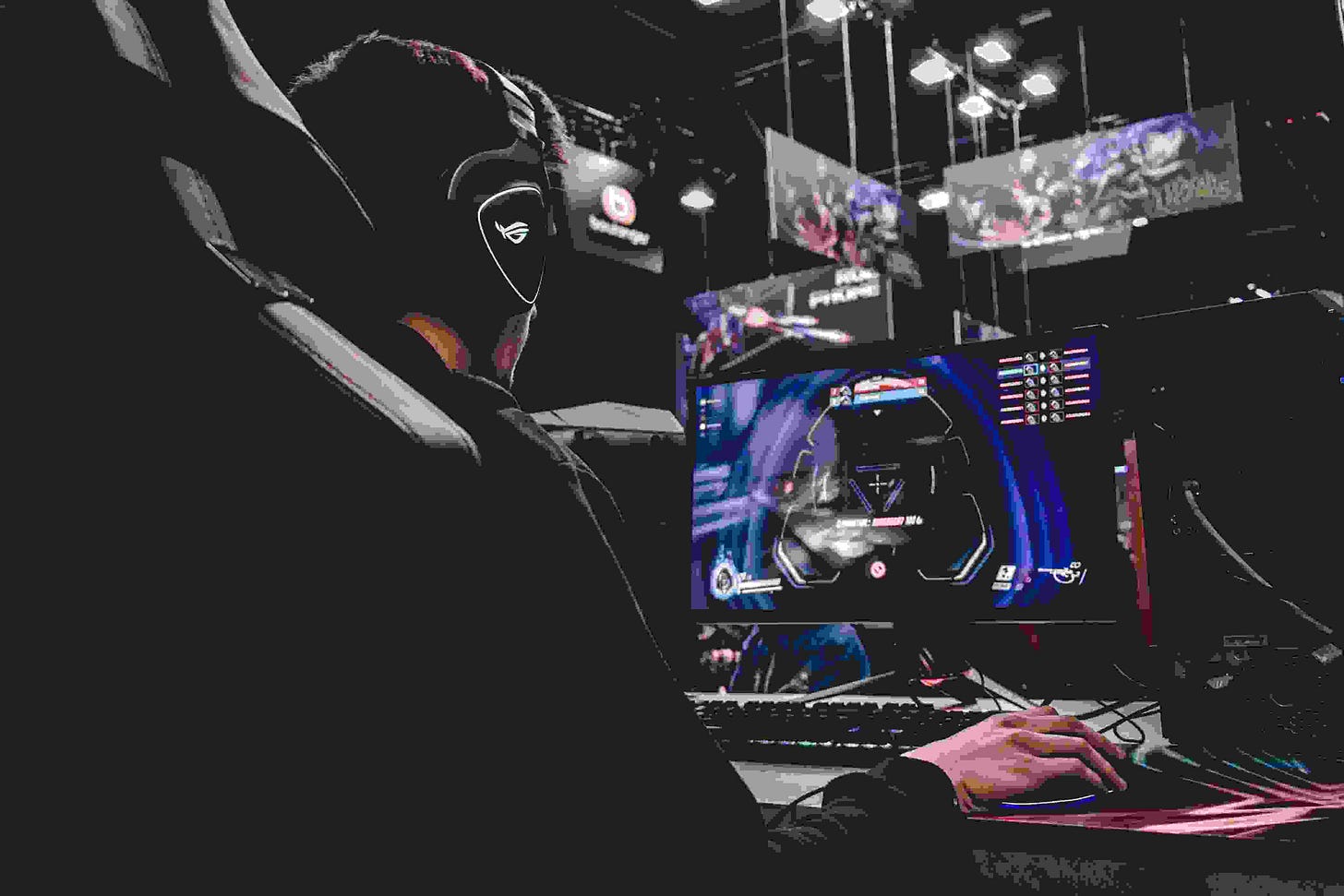
The greatest lie ever sold? That you’re in control.
You might think you have a choice, but what if this reality is a simulation, and you’re both the player and the observer?
In Buddhist philosophy, Samsara is the ceaseless cycle of birth, death, and rebirth, where beings are bound by the interplay of karma. Individuals may believe they act freely, yet their choices are often shaped by deep-rooted conditioning, karmic imprints, and unexamined desires.
And, I suggest you are running on programming—a unique blend of your childhood experiences, ancestral beliefs, and societal conditioning. This programming subtly influences every choice and decision you make.
So, in a way, are you truly exercising free will, or are you on autopilot, driven by this internal code?
And, there’s nothing inherently “bad” about your programming. Sometimes, your programming can lead to incredible results in certain aspects of your life.
Other times, however, it might lead to outcomes you don’t prefer, or even painful experiences in different areas of your life. You might even find yourself stuck in what feels like a karmic loop—in relationships, self-worth, your career, or other areas. This karmic loop, I believe, is a direct manifestation of your programming.
The Choice Illusion: Is Reality Just a Simulation?
The choice illusion gets far more interesting when we consider this whole reality might a sophisticated construct.
The simulated reality theory posits that our entire universe could be a vast, intricately programmed simulation. If this were true, then our experiences, challenges, and even our apparent free will could be components within a grand design, a cosmic algorithm.
Within this system, we operate as a “program” – our ego, personality, beliefs, emotions, and habits are all shaped by environment, conditioning, and sensory inputs.
We may be navigating “perceived choices” – options that feel real, but they remain confined within the system’s parameters because of our code. You might be convinced you’re choosing when, in reality, you’re just picking between pre-loaded outcomes.
The more pressing question isn’t whether reality is a simulation. Rather, it’s about whether you’ll continue consenting to this elaborate illusion.

Breaking Free: The Revolutionary Power of Believing You Have a Choice
If you want to break away from this illusion and reprogram your code so to speak, here’s how:
The first step is to recognize that this programming exists. Become aware of the beliefs and patterns that are leading to the results you’re currently experiencing in different areas of your life.
The second step is to know that you have a choice: The most profound realization that one can have is that one always have the free will to reprogram the code. The very act of believing you have a choice is the first, revolutionary step toward dissolving the illusion: You possess the free will to initiate this change, which in turn gives you a sense of agency over your life.
The third step is to engage in shadow work. Our unexamined shadow is precisely where the “program’s” most powerful limitations reside. Hidden fears, unacknowledged traumas, repressed desires, and unintegrated aspects of self create unconscious patterns that drive our behavior.
We might think we’re making a conscious decision, but if it’s being driven by an unhealed wound or a denied emotion, it’s not a true choice; it’s an automatic reaction.
While practices like silent Buddhist meditation are invaluable for cultivating mindfulness and that observer mindset (see below), they often focus on observation and the dissipation of phenomena.
The idea that negative thoughts will simply vanish, leaving “just a pure, clear mind without a hidden agenda,” can bypass the deeper processing needed.
If aspects of the shadow remain unexamined, they can still exert subtle, unconscious influence on your code, even in a mind that feels clear.

The fourth step is to redefine your identity: We often self-identify with our physical bodies, our names, jobs, experiences, and mental constructs. I propose expanding beyond these definitions. What if you were to redefine your identity as pure consciousness?
Being this consciousness brings two key advantages:
You realize you can change the code.
You become more detached from the game.
You become the observer in this simulated reality. This shift allows you to step back from merely being the player, enabling you to gain perspective and even find humor in challenging situations. You begin to see how specific “code” leads to particular outcomes in your life.
When you’re detached, the game no longer controls you.
The only ones who truly get caught up and overly serious in this simulated reality are those who are too self-absorbed in it.
When you realize you are both the observer and the player, you can engage with life in a more lighthearted way—a way that actually positions you to win, on your own terms.
And, when you, the “operator”, awaken to your distinction from the “program,” you gain Gnosis: a direct knowing that perceived limitations are part of a manufactured reality.
With this expanded awareness, the world you thought existed will begin to unravel. The rigid, predictable reality you’ve been programmed to accept will soften. This “awakening” frees you to see beyond pre-programmed options. You’ll start to see patterns, connections, and possibilities that were invisible before.
x
Lana
GET INSPIRED WITH our latest newsletter
You don’t need fixing. Let’s ditch the shame and unlock your power, together


